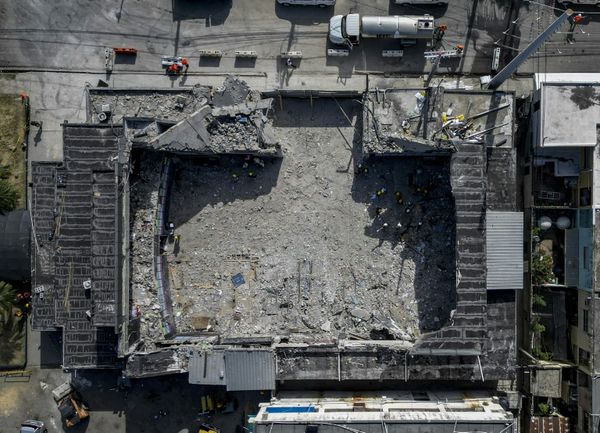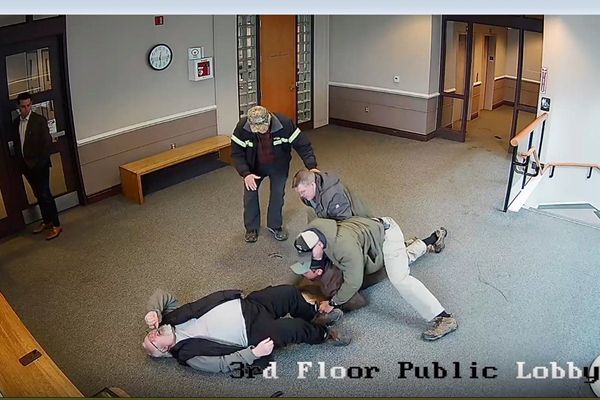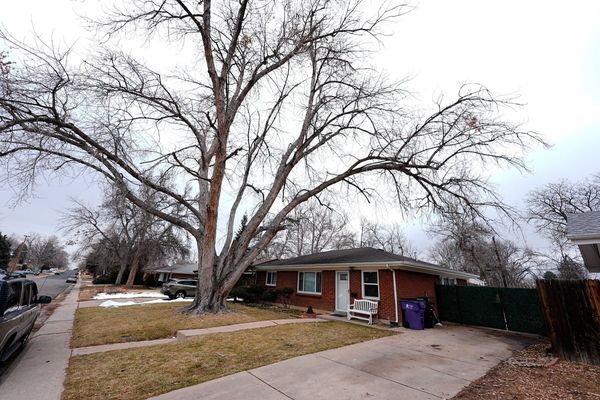
Cheap cities are vanishing. Blame years of underbuilding after the Great Financial Crisis, policy failures that made it almost impossible to build, and the pandemic. What used to be a California-only problem is no longer. The housing crisis is spreading.
The news outlet The Hustle analyzed data from the American Community Survey conducted by the Census Bureau for the 35 largest metropolitan areas in the country, those with populations of at least 2 million residents. It compared the median home values of every zip code to that metro’s area median income in 2022, the most recent year data is available. The Hustle found 50.4% of these metros’ zip codes had a median home value that was more than four times the metro area’s median household income. It defined those zip codes as “exclusive” because they exceed a traditional rule of thumb on housing affordability.
“The coastal cities unsurprisingly had a greater share of exclusive zip codes than Middle America,” according to the Hustle. “But nearly the entirety of those coastal metro areas were already exclusive in 2012. The surprise came in the Midwest and Sunbelt, which saw a massive jump in exclusive zip codes—found in their urban centers, close-in suburbs, and fringe exurbs—in just a few years.”
Consider Nashville, which saw its share of exclusive zip codes more than double in a decade—or Dallas, Houston, and Indianapolis, which all saw their number of exclusive zip codes increase by at least two times, per the Hustle’s analysis. On the other hand, during the same time period, San Francisco saw its share of exclusive zip codes increase by less than 10%; San Diego and Los Angeles saw theirs increase by less than 5%.
This is where the pandemic’s unraveling of the housing world comes in. Basically, coastal cities have always been unaffordable. That isn’t to say they aren’t becoming more and more expensive, because they are. It’s cities in California that are plagued by policies making it much harder to build homes that are desperately needed. The pandemic housing boom, fueled by a newfound ability to work from anywhere and rock-bottom mortgage rates, sent home values up everywhere, and did so much more rapidly than what’s typical. For one thing, a lot of people moved away from already costly places in California and moved to cheaper cities, sometimes in Texas. But then Texas wasn’t so cheap anymore. Incomes didn’t help, because they haven’t risen enough to match the increase in home prices.
In August, a separate analysis from Redfin found that in the last year, the number of trillion-dollar metros doubled, from four to eight. New York, Los Angeles, Atlanta, and Boston were already in that club, meaning the value of their homes totaled more than $1 trillion—and they were joined by Anaheim, Chicago, Washington, D.C., and Phoenix. It’s proof of how much home prices have risen in recent years, and therefore the value of metros.
“The value of America’s housing market will likely cross the $50 trillion threshold in the next 12 months as there are not enough homes being listed to push prices down,” Chen Zhao, economics research lead at Redfin, said at the time.
Another Redfin analysis found that almost one in 10 homes in the country is valued at $1 million or more. It’s the greatest share on record and more than double than before the pandemic. And million-dollar homes weren’t just found in your usual suspects, in terms of cities: Austin made the list.
And the thing is, home prices almost never fall. There are really only two eras in recent history when home prices did decline: a short-lived recession in the early 1990s and the Great Financial Crisis. So you can only imagine that there’ll be more million-dollar homes, trillion-dollar metros, and so-called exclusive zip codes.







